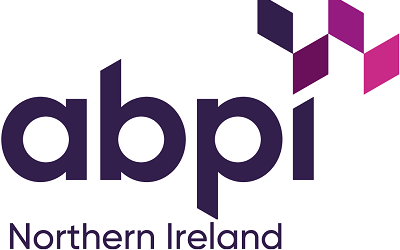
ABPI Northern Ireland
The Association of the British Pharmaceutical Industries (ABPI) (http://www.abpi.org.uk/) is a body representing some 120 pharmaceutical companies of all sizes. Member companies have commitment to working with the NHS...

The Association of the British Pharmaceutical Industries (ABPI) (http://www.abpi.org.uk/) is a body representing some 120 pharmaceutical companies of all sizes. Member companies have commitment to working with the NHS...